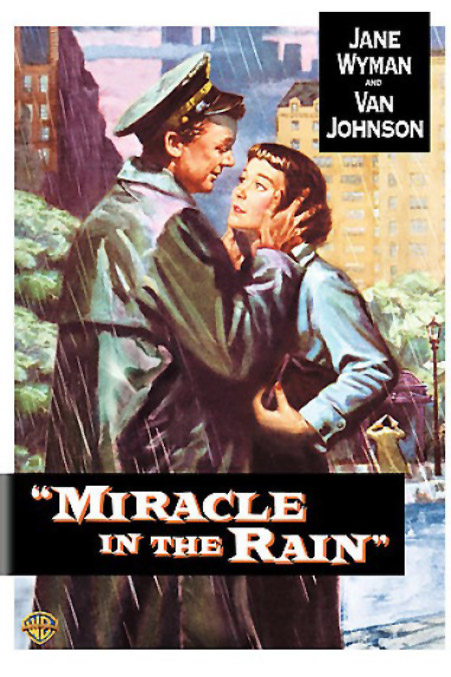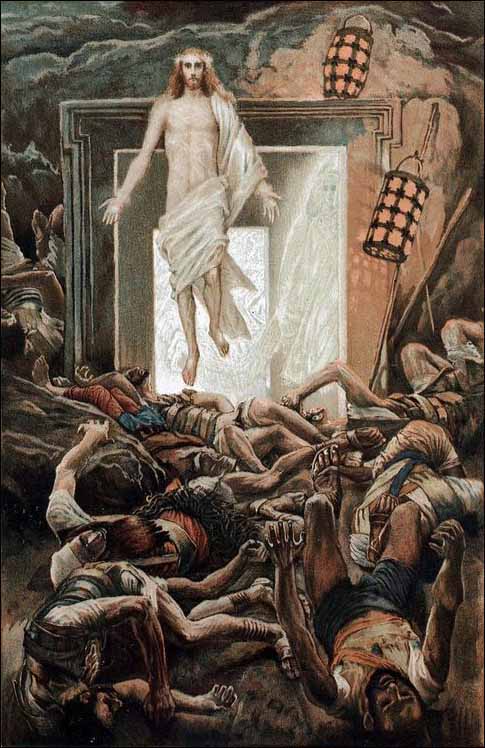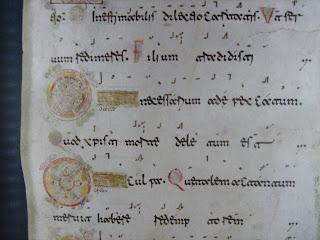
Romans 10:10-18 / Matthew 4:18-22
It is hard to say whether or not the 1956 movie Miracle in the Rain reinforces the typical vice of Hollywood narrative, which is to say, whether it paints a picture a little too bright, a little too neat, a little too saccharine. To be sure, it is sentimental, a tear-jerker even, and likely too direct in its storytelling for most contemporary audiences.
Yet, there is a darkness here. Our heroine Ruth, played by Catholic convert and later Third Order Dominican Jane Wyman, has much in her life we would do well to pity. Her father abandoned her mother, who herself attempted suicide in her grief, and over the years has, through her bitterness towards men and her fear of losing her daughter to anyone else but herself, raised Ruth to be timid, to live a kind life, but a life on the surface, not knowing the depths of love. Even the rainstorm which brings Ruth to meet the lovable soldier Art, and all the joys which enter both her and his life from their budding romance, are not enough to drive away the gloom. The happy joy of their love cannot move Ruth's father to acknowledge her when he spies her in a restaurant, nor her coworker to end her adulterous affair with her boss, nor even can it move the affairs of state when Art is called away to the War. When she finally hears, after three months of silence, that Art has died, Ruth's desperate turning to St Andrew and offering up prayers does not keep her from terrible sorrow in her soul, nor from delirium and illness in her body.
Yet, it is just in this sorrow, in this grief, that love, true love is found. Seeing Ruth's suffering, her mother is lifted out of her own selfish world to care for the daughter she has smothered for so long. Seeing Ruth's suffering, her coworker turns from her affair to live a better, more honest life. Even Ruth's father, if in a halting and feeble way, breaks through his fear and shame to return to his wife. And, it is in her delirium and illness, in the unanswered grief on the way to visit once again the image of St Andrew, in the middle of a rainstorm, that Ruth is graced with a visit from her beloved Art, who though undoubtedly dead, is also undoubtedly alive and present to her.
St Andrew is, above all the apostles, the apostle of the Cross. His legends tell us that it was his insistent preaching of the Cross that led the Romans to try to silence him, and finally to imprison him and sentence him to death. It was his love for the Cross that led Andrew to dissuade the mob from freeing him, from keeping him from joining his Lord through suffering with him on the Tree. It was words of love for the Cross that came from Andrew's lips when he saw the gibbet on which he would be slain, and it was love for the Cross of Christ that, according to the story, moved Andrew to request he be fixed to a Cross askew and not upright, with ropes not nails, that he would not pretend to be worthy to suffer exactly as had his Lord Jesus Christ.
Is it any wonder, then, that Ruth's prayers to St Andrew would find their answer, that Love would find its way into her own heart and the hearts of those around her, through the crucible of suffering? With Christ as the one who calls, as our way and our goal, could it have been otherwise for her? Could it be otherwise for us?




